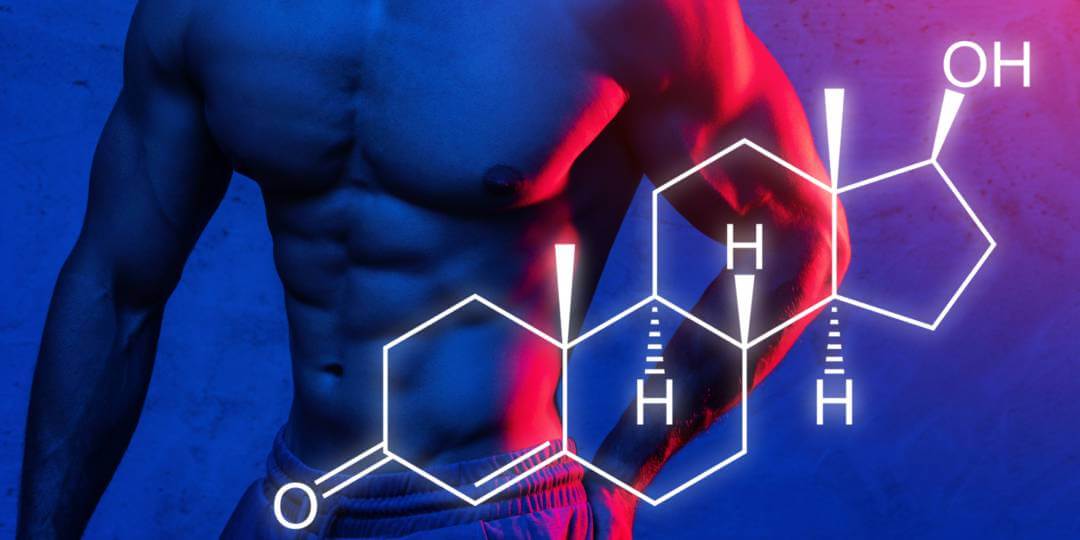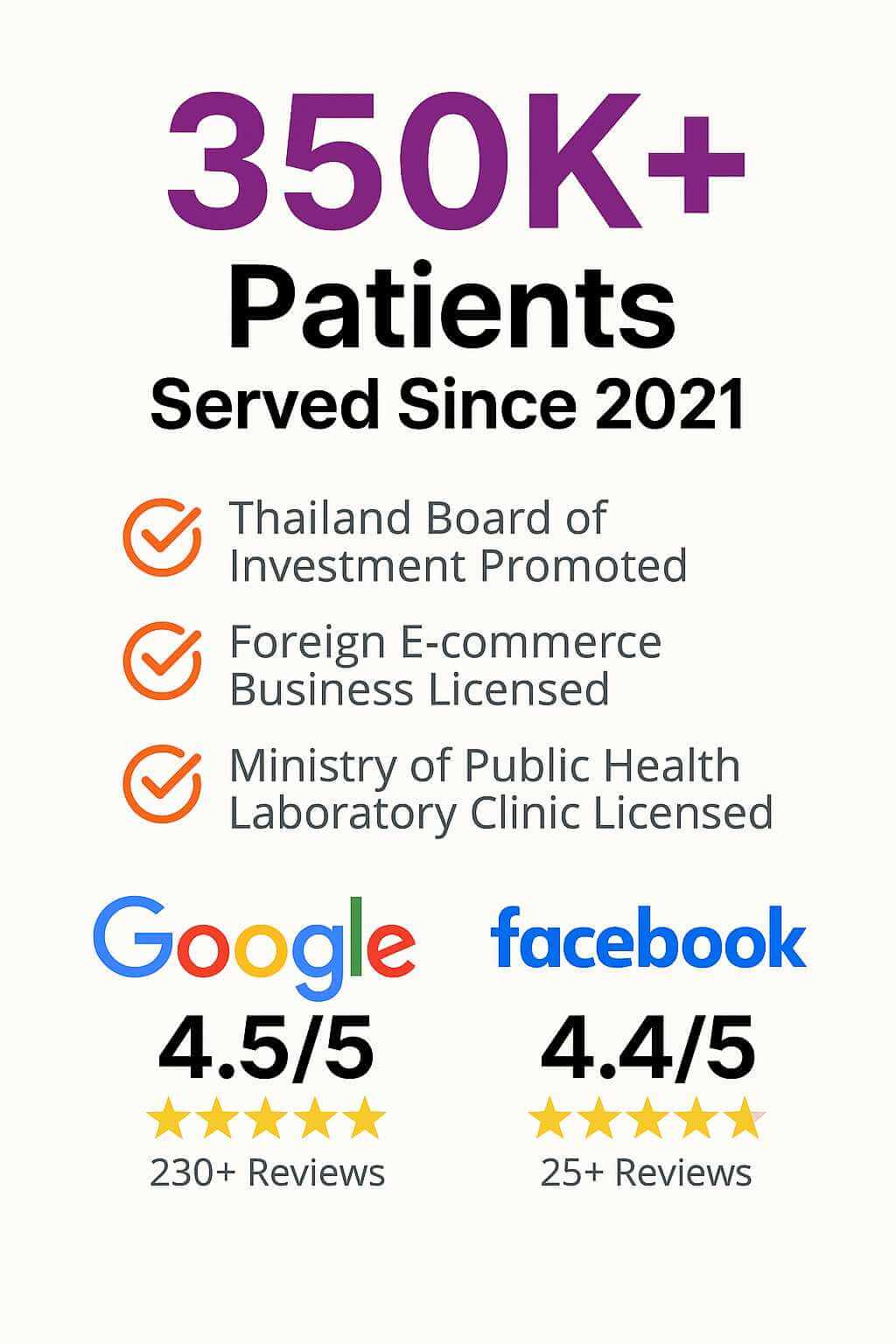
Mental health check-ups are just as important as physical ones, here is why
When we think about health check-ups, most of us picture blood tests, blood pressure readings, and physical examinations. These are important —
Experience MedEx Seamless Care Delivery — 10% OFF on Your First Appointment - Use 'TRYMEDEX' Coupon Code on Checkout


Testosterone is a hormone often associated with masculinity and vitality, but its role in the body goes far beyond stereotypes. Understanding the facts about testosterone is essential for both men and women to maintain optimal health and well-being. In this article, we’ll delve into the crucial truths about testosterone, debunk common myths, and explore its […]

MedEx is a one-stop destination when it comes to medical tourism and digital specialized health care services. MedEx serves as a connector between patients and trusted world-class health service providers.

Testosterone is a hormone often associated with masculinity and vitality, but its role in the body goes far beyond stereotypes. Understanding the facts about testosterone is essential for both men and women to maintain optimal health and well-being. In this article, we’ll delve into the crucial truths about testosterone, debunk common myths, and explore its impact on various aspects of health.
Testosterone is a hormone primarily produced in the testes in men and in smaller amounts in the ovaries in women. It plays a key role in the development of male reproductive tissues and secondary sexual characteristics, such as muscle mass, bone density, and facial hair growth. However, testosterone also plays important roles in women’s health, including influencing libido, mood, and energy levels
Contrary to popular belief, testosterone is crucial for both men and women. While men typically have higher levels of testosterone, women also produce this hormone, albeit in smaller amounts. Testosterone plays a role in maintaining muscle mass, bone density, and overall vitality in both sexes.
While testosterone is often associated with aggression, the relationship between testosterone levels and behavior is complex. Research suggests that testosterone may influence assertiveness and competitiveness but does not directly cause aggression. Factors such as social context and individual temperament play significant roles in behavior.
Testosterone replacement therapy (TRT) is sometimes touted as a miracle solution for age-related declines in vitality and libido. While TRT can be beneficial for individuals with clinically low testosterone levels, it is not a one-size-fits-all solution. TRT should be ordered and monitored by a qualified healthcare provider to avoid potential risks and side effects.

Testosterone plays a vital role in the development and maintenance of muscle mass and strength. Low testosterone levels can lead to muscle loss, weakness, and decreased physical performance. Regular exercise, especially strength training, can help optimize testosterone levels and preserve muscle mass.
Testosterone is essential for maintaining bone density and strength. Low testosterone levels have been linked to an increased risk of osteoporosis and fractures, particularly in older adults. Adequate levels of testosterone support bone health and reduce the risk of bone-related complications.
Testosterone plays a significant role in libido and sexual function in both men and women. Low testosterone levels can lead to reduced sex drive, erectile dysfunction in men, and diminished arousal and satisfaction in women. Balancing testosterone levels through lifestyle modifications or hormone therapy can improve sexual health and quality of life.
To check testosterone levels, individuals can undergo a blood test known as a testosterone test. This test measures the amount of testosterone in the bloodstream, providing valuable information about hormone levels. Additionally, for a more comprehensive assessment, individuals can opt for a free testosterone test. This test measures the portion of testosterone that is not bound to proteins in the blood, offering insights into the active form of testosterone available for use by the body. Both tests play a crucial role in evaluating hormonal health and can help identify potential imbalances or deficiencies.
In conclusion, recognizing the significance of testosterone for overall health and vitality is paramount. At MedEx, we offer convenient access to testosterone lab tests at our clinic lab. Our comprehensive testing services encompass both testosterone and free testosterone tests, providing invaluable insights into your hormonal balance. Whether you’re grappling with symptoms of low testosterone or seeking to optimize your well-being, MedEx is dedicated to assisting you.
To schedule your testosterone test appointment, you can visit https://medex.co.th/checkup or drop by our conveniently located MedEx Neo Clinic Lab at Sukhumvit 13, Trendy Building. Seize control of your health journey today with MedEx.
Testosterone levels typically begin to decline gradually after age 30. However, individual variations in hormone levels and lifestyle factors can influence the rate of decline.
Symptoms of low testosterone may include fatigue, decreased libido, erectile dysfunction (in men), diminished muscle mass, mood changes, and reduced bone density.
Yes, certain lifestyle modifications such as regular exercise, healthy diet, stress management, and adequate sleep can help optimize testosterone levels naturally.
While some supplements claim to boost testosterone levels, their efficacy and safety are not well-established. It's essential to consult with a healthcare provider before taking any supplements, as they may interact with medications or have adverse effects.
Testosterone therapy for women may be recommended in certain cases, such as low libido or menopausal symptoms. However, it should be ordered and monitored by a qualified healthcare provider to ensure safety and effectiveness.

When we think about health check-ups, most of us picture blood tests, blood pressure readings, and physical examinations. These are important —

When your doctor orders “routine blood work,” you may later receive a sheet filled with numbers, abbreviations, and reference ranges. For many

What exams to expect at every life stage – from your 20s to your 70s and beyond At MedEx, we believe in
Find quality services, specialists, procedures and more from the comfort of your home. All you need to do is enter a keyword or phrase describing what you are looking for.
DOWNLOAD MEDEX ONE APP
MedEx decentralizes the care continuum as a one-stop care navigation concierge, transforming the care delivery model through its Pan-Asia provider aggregation platform, primary satellite clinics, telemedicine services, and at-home health care solutions.







MedEx connects you with world-class health care providers across borders, makes medical travel simple, low-cost and transparent and offers premium primary care.


© 2020-26 MedEx Ventures Co., Ltd.
